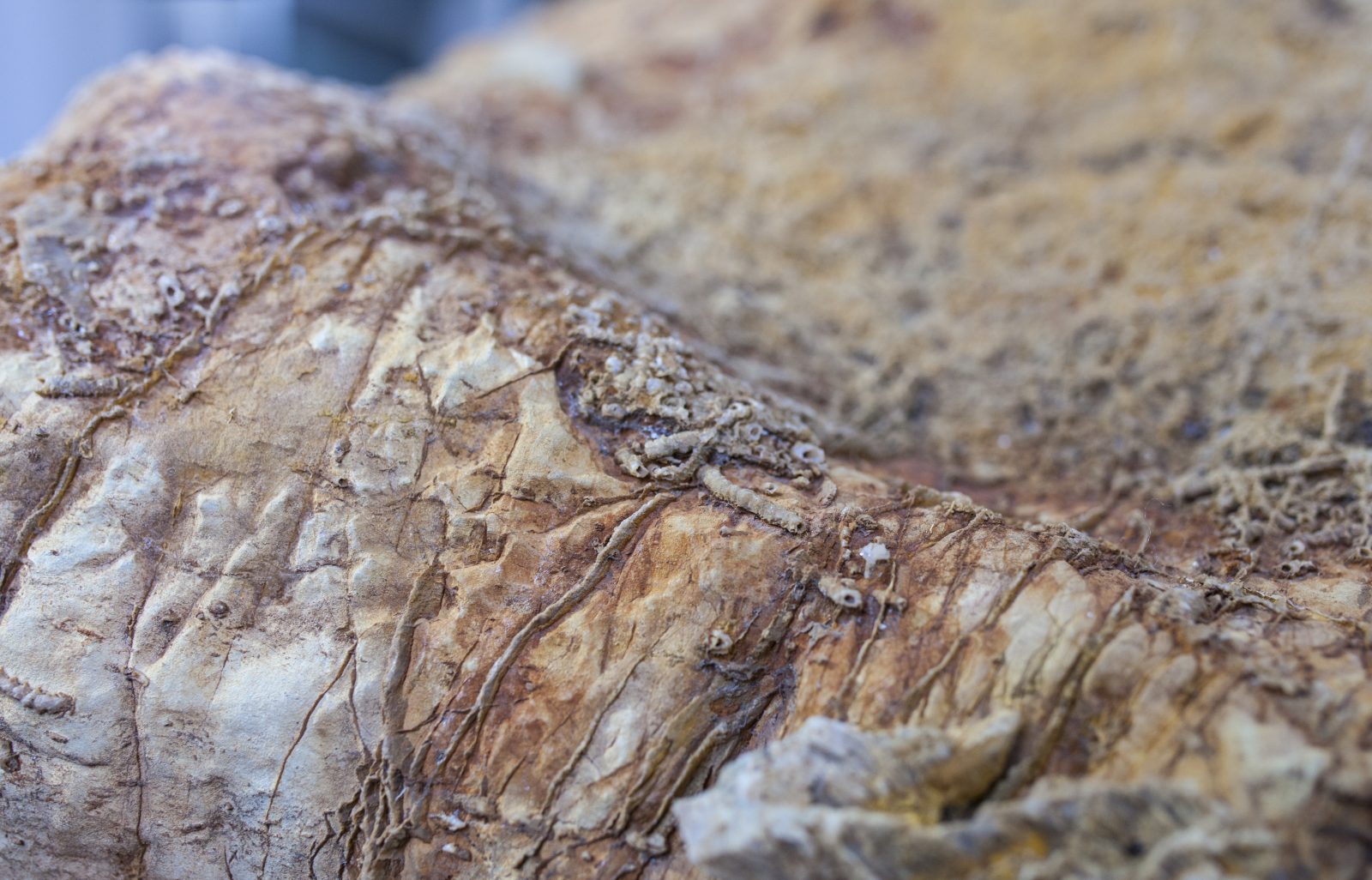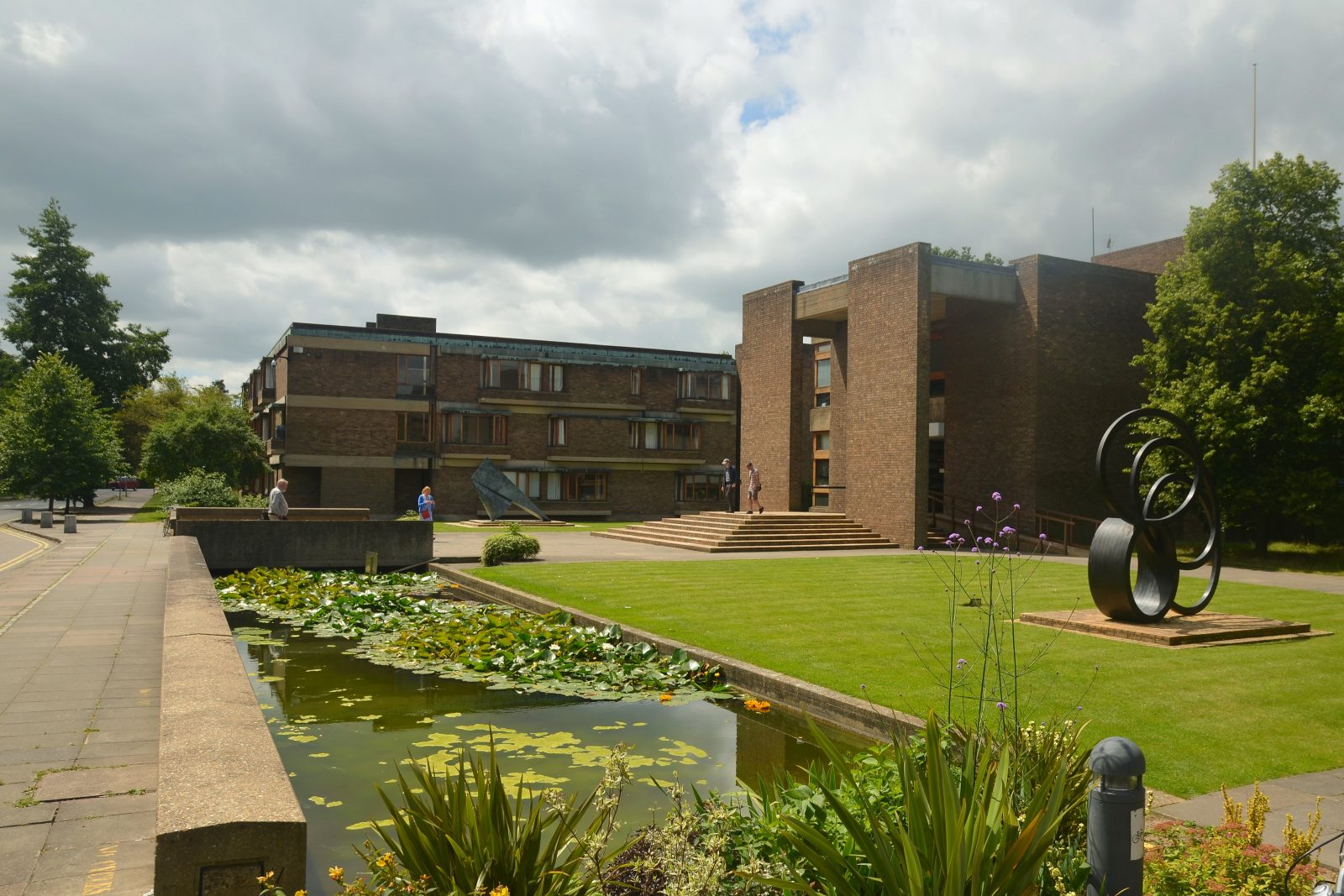


Of Natural Selection, Explanatory Deficits, and Bunnies Dark and Light
On this episode of ID the Future we hear the first part of Discovery Institute Education Outreach Associate Daniel Reeves’ talk at the 2020 Dallas Science and Faith Conference. Reeves outlines the meaning of natural selection, and traces its history, starting from Darwin’s early understanding, in the days when cells were viewed as just blobs of protoplasm. Reeves carries the story from there through the neo-Darwinian modern synthesis and into the extended evolutionary synthesis, culminating in a 2016 meeting of the Royal Society on the theory’s continuing — and still unresolved — explanatory deficits.

First the Royal Society Meeting, Now Cambridge’s “Evolution Evolves”: Paul Nelson Reports
On this episode of ID the Future, intelligent design proponent and philosopher of biology Paul Nelson reports on a recent conference he attended at the University of Cambridge, “Evolution Evolving: An International Conference on the Evolving Mechanisms and Theoretical Framework of Evolutionary Biology.” Scientists from around the globe gathered under the operating assumption that the modern evolutionary synthesis is sorely lacking. As with many of the biologists who attended the 2016 Royal Society meeting “New Trends in Evolutionary Biology,” many of the attendees of the Cambridge event find themselves disenchanted with Neo-Darwinism and weighing their options. They’re still not looking outside the walls of the “City of Naturalism,” Nelson says, but it’s fascinating and encouraging to witness the increased openness Read More ›